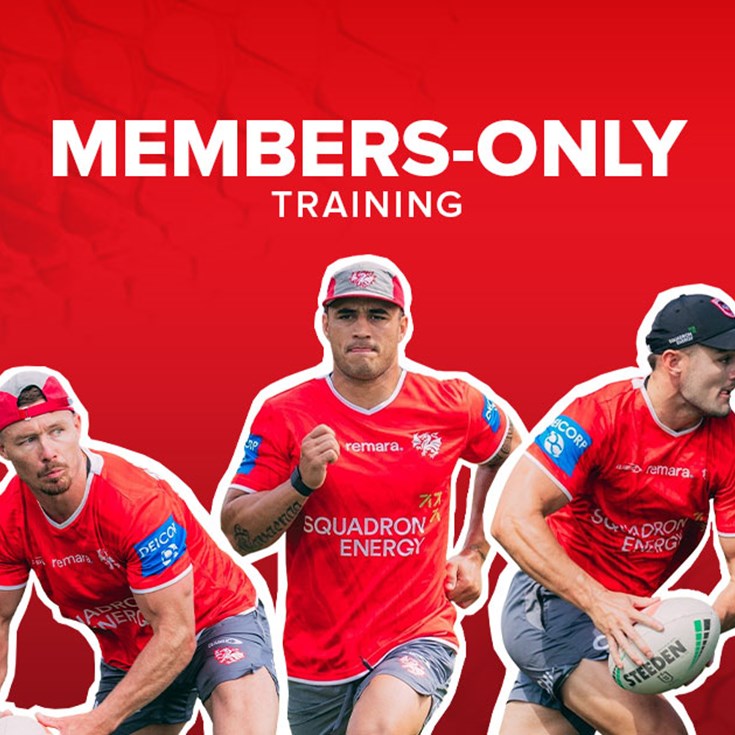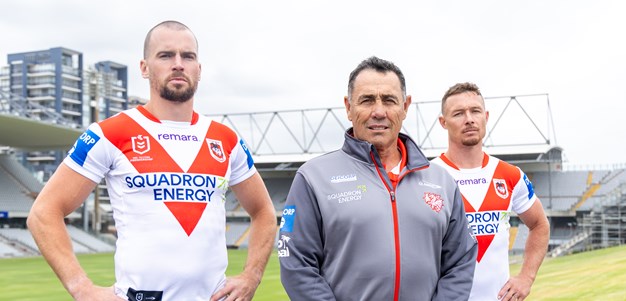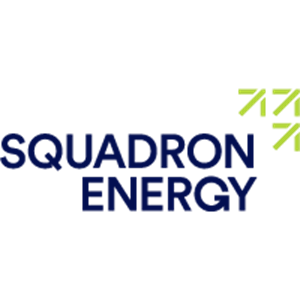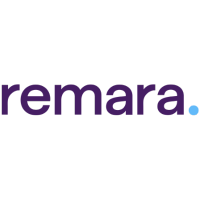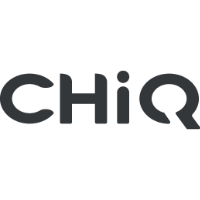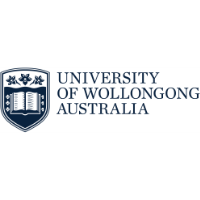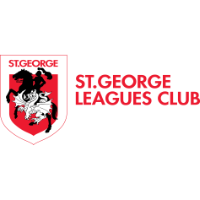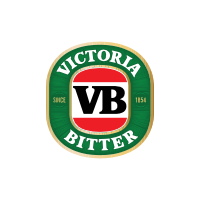

The St George Illawarra Dragons will have several representatives serving as NRL Community Ambassadors in 2016!
Dragons Ambassadors Dan Hunt, Wendell Sailor and Shaun Timmins are amongst a record forty current and former Rugby League stars who have accepted to be part of NRL community programs, with 15 new additions to the team, including six female ambassadors.
The trio will be joined by former Dragons players including Alex McKinnon, Bronson Harrison, George Rose and Matt Cooper as well as Jillaroo Sam Hammond.
In 2015, NRL Community Ambassadors reached more than 130,000 school students across 400 regions.
Additionally, ambassadors spent more than 2,000 hours working amongst communities right across Australia, New Zealand and the Pacific, helping to improve lives.
NRL Chief Operating Officer, Suzanne Young, said the NRL’s community programs were integral to the game and ultimate future success.
“Rugby League is much more than just a game. We have a big voice and a big responsibility within our communities, to live up to our mission to bring people together and enrich their lives,” said Young.
“Whether our ambassadors are supporting townships to break down the stigma of mental health, mentoring young Indigenous students to make an easier transition from school to work, or standing up and speaking out about violence against women…we all have a responsibility to help build inclusiveness and positive social impact amongst communities.”
The NRL undertakes numerous community programs throughout the year, aligned to key pillars: Health; Respect; and Learn.
Programs are supported by expert partners, who enable and guide decisions aimed at providing positive experiences and outcomes.
The NRL also released its first social impact report, conducted from select 2015 community programs.
The report is one of the first amongst sporting codes in Australia and measures work undertaken in the community to effectively articulate the social, economic and environmental value that the game’s community programs contribute.
A copy of the report and further information on NRL community programs reviewed can be found online at www.nrl.com
NRL Community Background Information
General
- Forty past and present rugby league players have accepted positions as NRL Community Ambassadors in 2016 – a record number of ambassadors
- Six female ambassadors are part of the overall number
- Former players, now ambassadors, a majority of NRL clubs
- Representation across Australia, New Zealand, Indigenous and the Pacifc
- Ambassadors are based across a variety of locations, with a key focus on delivering community programs to regional and rural areas in Australia and abroad
- Ambassadors went through an interview and panel process before being appointed
2015 Community Statistics
- Ambassadors and players spent more than 35,000 hours outside of football commitments working amongst local communities
- 255,392 school children were engaged during Community Carnival (February) on the values of wellbeing and living active and healthy lifestyles
- 41 cultural groups were engaged in various community programs
- 3,500 school children in Papua New Guinea were provided with community education resources
- 350 face to face hours were delivered for the NRL In League In Harmony program (building cohesive communities through values and respectful behaviours)
- 98% transition rate of students into employment and further education via the NRL School 2 Work program for Indigenous students
- 3.4 million people directly reached through the NRL State of Mind program, helping break down mental health stigma
- Ambassadors visited more than 130,000 children (outside of Community Carnival in February) across Australia, New Zealand and the Pacific, delivering community programs
NRL Community Pillars and Key Programs
NRL Health: State of Mind, NRL Wellbeing, Community Carnival
NRL Respect: Voice Against Violence, Tackle Bullying, Women In League Round, Indigenous Engagement Strategy, In League In Harmony
NRL Learn: Dream Believe Achieve, Rugby League Reads, School 2 Work, NRL Learning Centre
